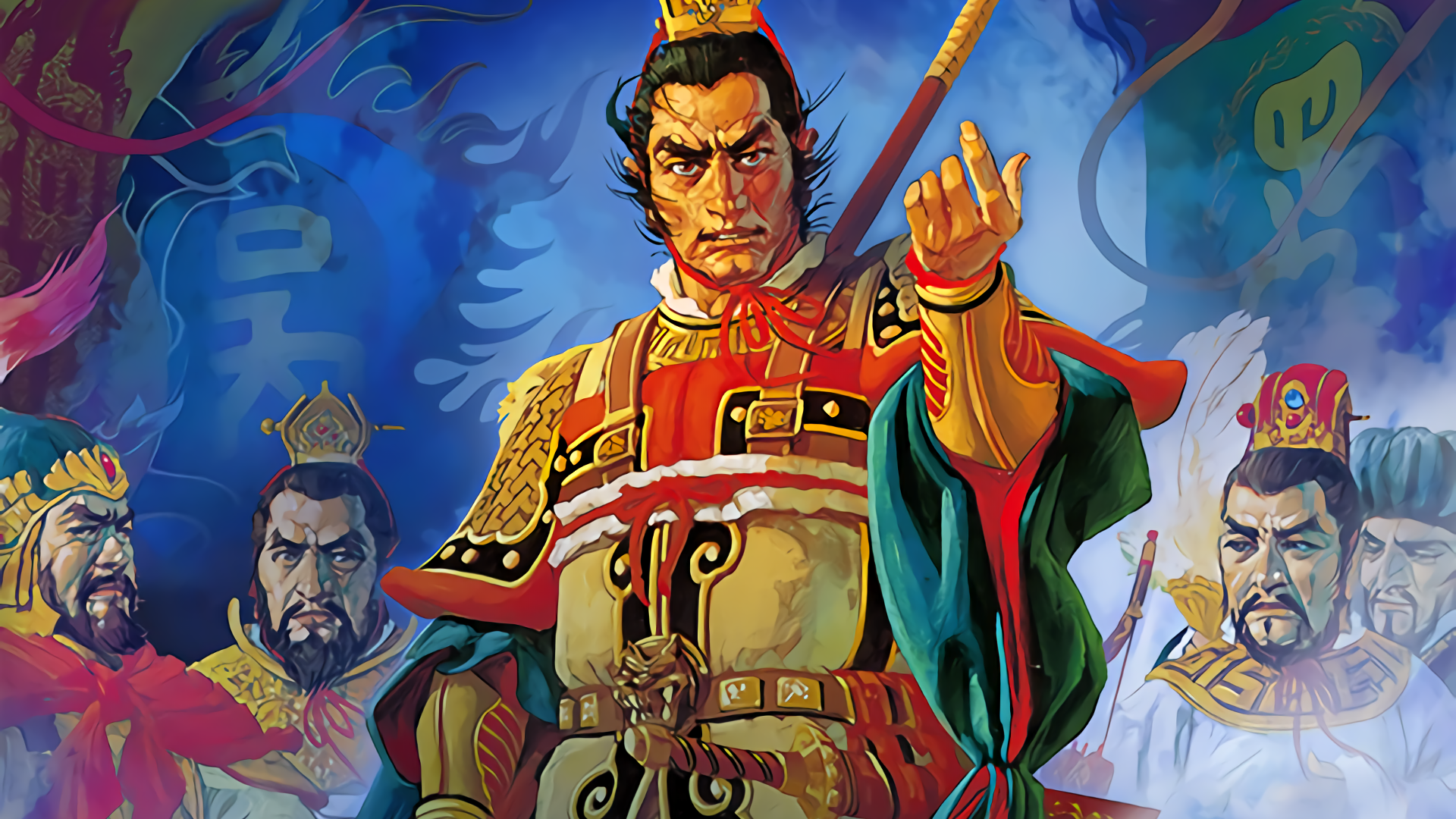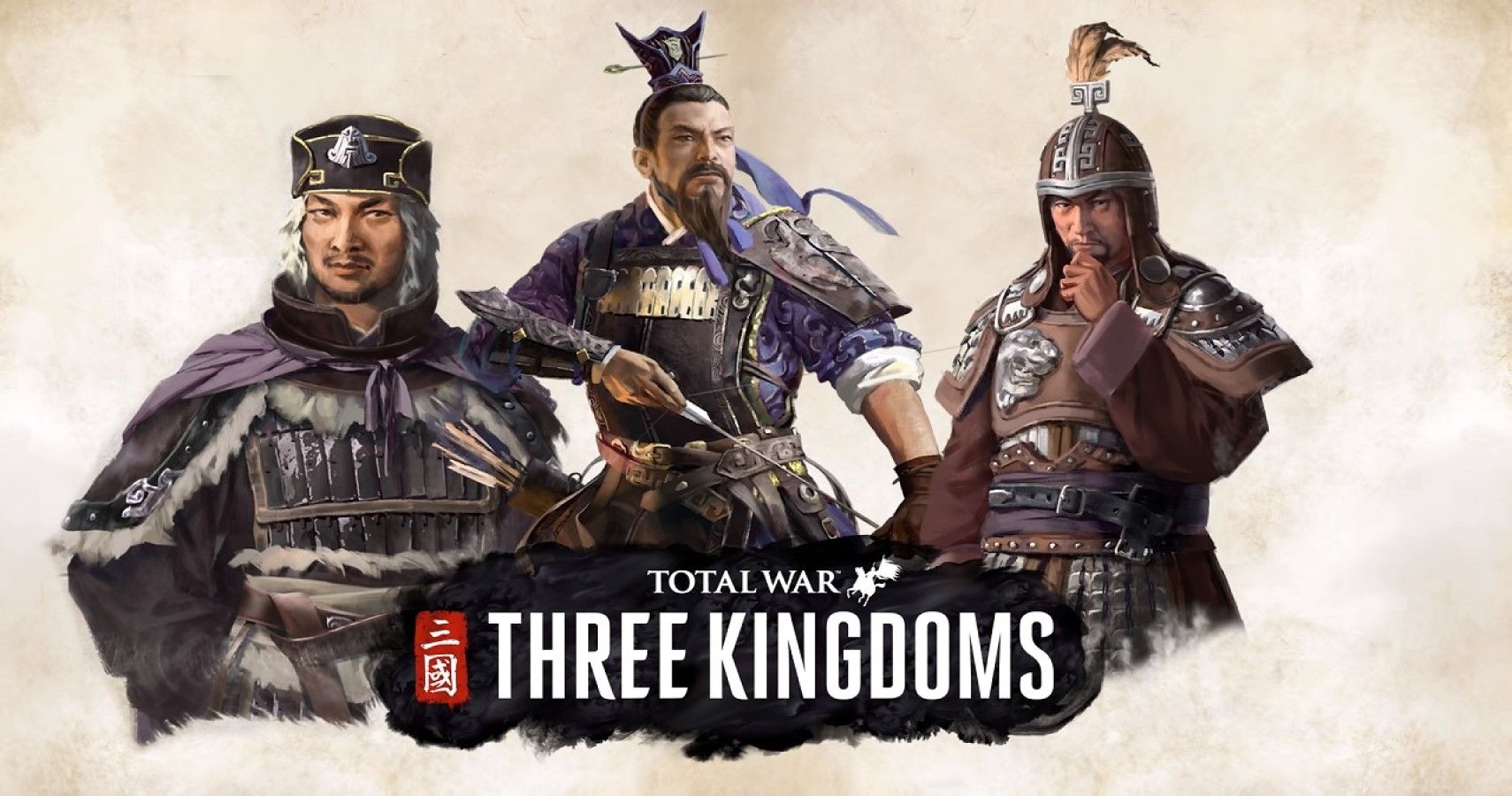

In Wei, Cao Cao implemented many changes to eliminate the old practices of the Qin and Han dynasties. The Kingdom of WeiĮach emperor of the three kingdoms all worked hard to improve their realms to improve the economy and social life of their people. Generally, the Kingdom of Pei dominated the Northern region, the Shu Kingdom dominated the Southwest China and the Wu Kingdom dominated the Southeast region. The emergence of these three kingdoms marks this distinct period. A few years after, Liu Bei’s former ally, Sun Quan, established his own empire in Wuhan but later named Nanking as the capital city. Just a few months after, Yuan Liu Bei also established his own empire with Chengdu as the capital city. Upon Cao Cao’s death, his heir to the throne, Cao Pi, became emperor of Wei and established Luoyang as the imperial capital city. So he pulled out his army back to his Kingdom. However, when he tried to expand his kingdom to cover the whole south China, he was overpowered by the loyal allies of Yuan Liu Bei. Then he conquered the southern region and toppled the city of Jinzhou. After this, he unified the northern region of China. With this great army, Cao Cao defeated Yuan Liu Bei in battle. Cao Cao and Yuan Liu BeiĮventually, Cao Cao pressed Emperor Xian under compulsion and took the opportunity to reinforce his army. This era of chaos continued for three years, resulting to the establishment of powerful divisions led by Cao Cao and Yuan. In the year 193, Zhou was assassinated but the tension continued for a few years. When Zhuo conquered Luoyang, future ruler Cao Cao, transferred to the Henan Province and started a revolution. With the political tension becoming worse, a mass civil war finally emerged.

This treachery was disdained by both imperial officials and public. With this power, Zhuo eventually toppled Shao and installed Xian as the ruler of the whole empire. During the tension caused by the struggles between the eunuchs and the army, Zhou, a court official of the Han dynasty, deceptively camped his forces in Luoyang. Being offended with the control of eunuchs over the emperor, army generals Yuan and Jin planned to kill the castrated ones. In the year 189, after the death of Han Emperor Ling, a teenage emperor – Shao inherited the throne. End of the Han and Tensions with the Eunuchs This period is regarded as a significant historical period filled with wars between the three Kingdoms, leading to the development of advanced military strategies some are still used in modern warfare. As a single era in Chinese history, the Three Kingdoms Period started when the Kingdom of Wei took the power from the Han Dynasty and ended in 280 AD when the Kingdom of Wu was defeated by rulers of the Jin – a new dynasty. As the name suggests, the Three Kingdom Period (220-280) was composed of three kingdoms – the Kingdoms of Shu, Wei and Wu.


 0 kommentar(er)
0 kommentar(er)
